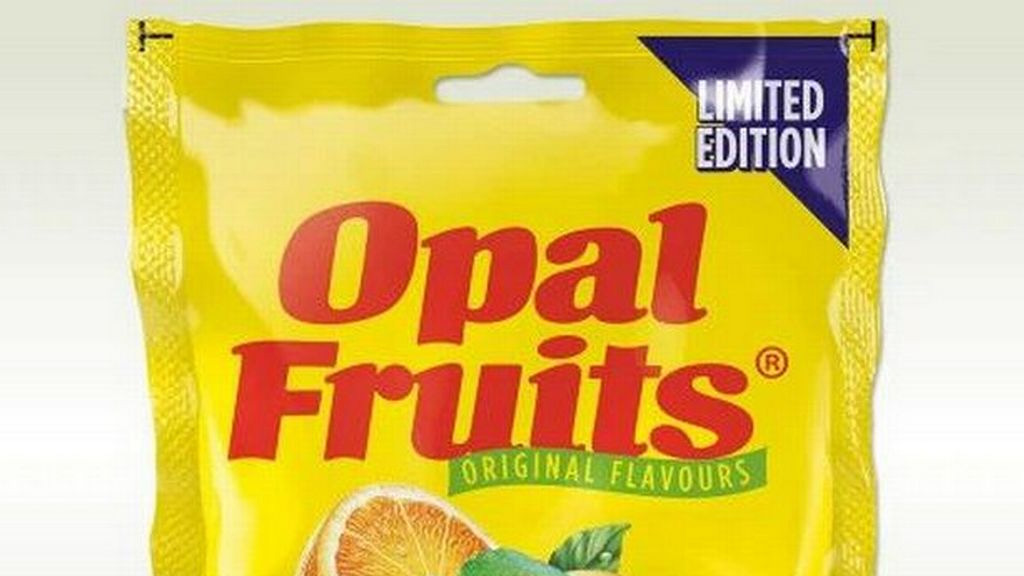

Renaming a product is something that food and beverage manufacturers consider from time to time. Sometimes it’s the right thing to do. By contrast, there are other circumstances whereby renaming a product is likely to have negative consequences and potential knock-on effects for your wider brand.
So, when should you consider renaming your product, and what are the risks associated with doing so?
There are several circumstances in which it might be a good idea to rename your product. For example, it could be that the launch didn’t go to plan, and your revamped product bears little resemblance to the original. It could be that you conducted some consumer research that indicated the name itself is a stumbling block to consumer acceptance.
Other scenarios that may call for a product rename include a business sale or merger (the new owners might want to give the product a fresh start) or a product repositioning (targeting a different demographic segment).
While renaming your product could give you a boost in sales and a successful relaunch, they are not without considerable risk. The obvious problem with renaming your product is that you could quite easily alienate your existing loyal customers.
Another issue to contend with is that renaming a product can be incredibly costly –and it’s not just the time and effort involved in doing so. You also need to make sure that your new name is legally protected, including trademarks if necessary. Packaging has to be redesigned, website and social media platforms need to be updated, and so on.
If your renaming goes awry (which even the biggest companies get wrong), you could face ruin as a business.
As mentioned, even the biggest and best food brands get it wrong. Perhaps the most famous example in the UK was when Kellogg’s renamed Coco Pops to Choco Krispies to bring it in line with other countries. However, after a national outcry and declining sales, Kellogg’s changed it back less than a year later.
What’s even more astounding is that a consumer survey of one million customers found that 92% preferred the old name, begging the question, why hadn’t Kellogg’s invested in more customer research before the name change?
There are plenty of examples of companies getting renamed products right. For instance, Opal Fruit to Starbust and Marathon to Snickers are just a few examples of the many renaming/rebranding success stories in the food industry.
The key to their success is consumer testing and research. By accurately gauging the opinion of loyal customers and new target demographics, you can carry out a successful renaming exercise that increases sales, boosts market share, and breeds more customer loyalty.
At Wirral Sensory Services, we help leading domestic and international food and beverage brands with their consumer research projects.
From focus group studies to understanding feelings towards a new product name to taste testing new formulas with members of the public and scientifically-trained personnel, we have a holistic range of services to help you develop gold-standard products.
If you are considering renaming or rebranding one of your existing product lines, don’t hesitate to get in contact with us for a free consultation. We’ll be more than happy to help you navigate these potentially choppy waters and increase your chances of success.
We are available by phone on +44 (0)151 346 2999 or via email at info@wssintl.com.